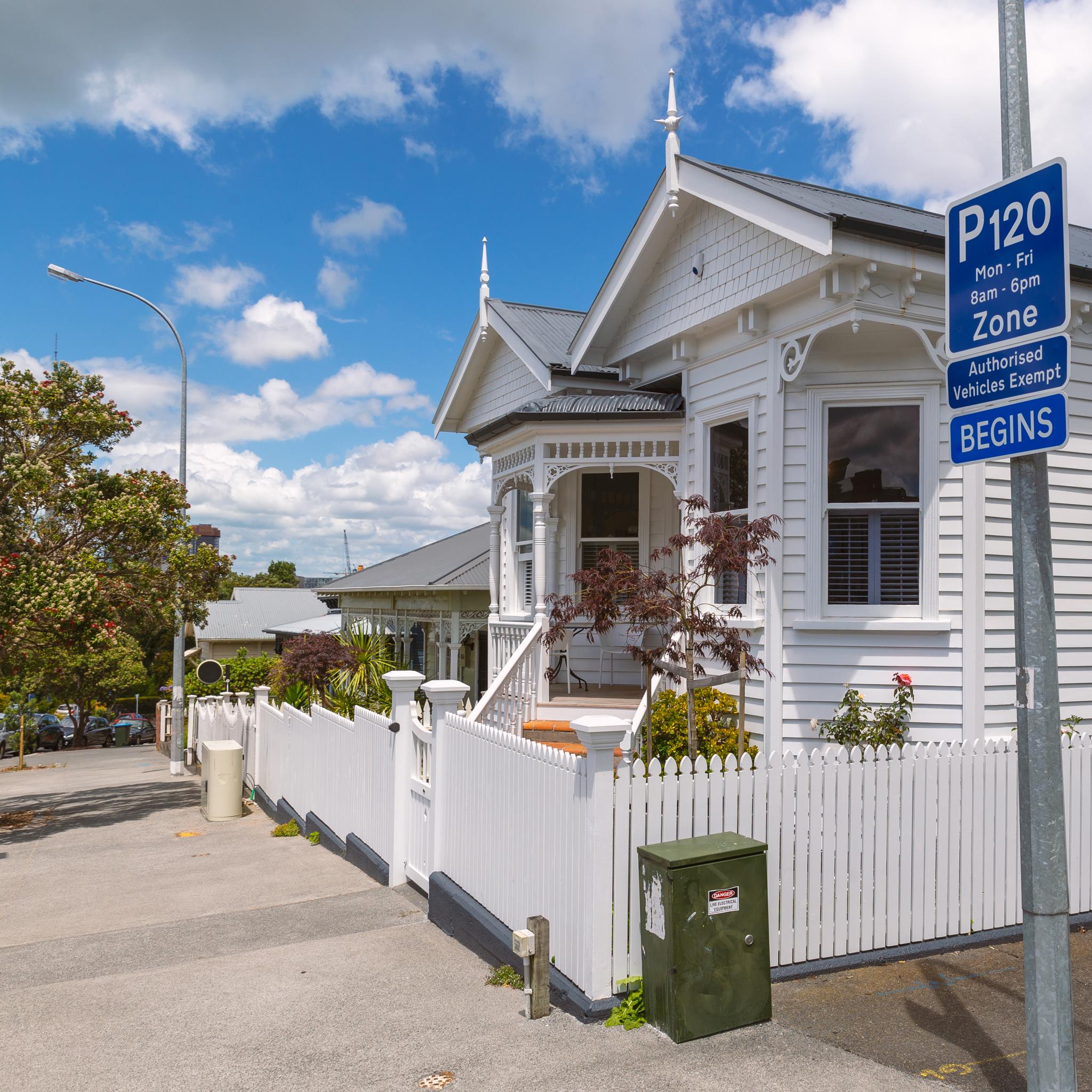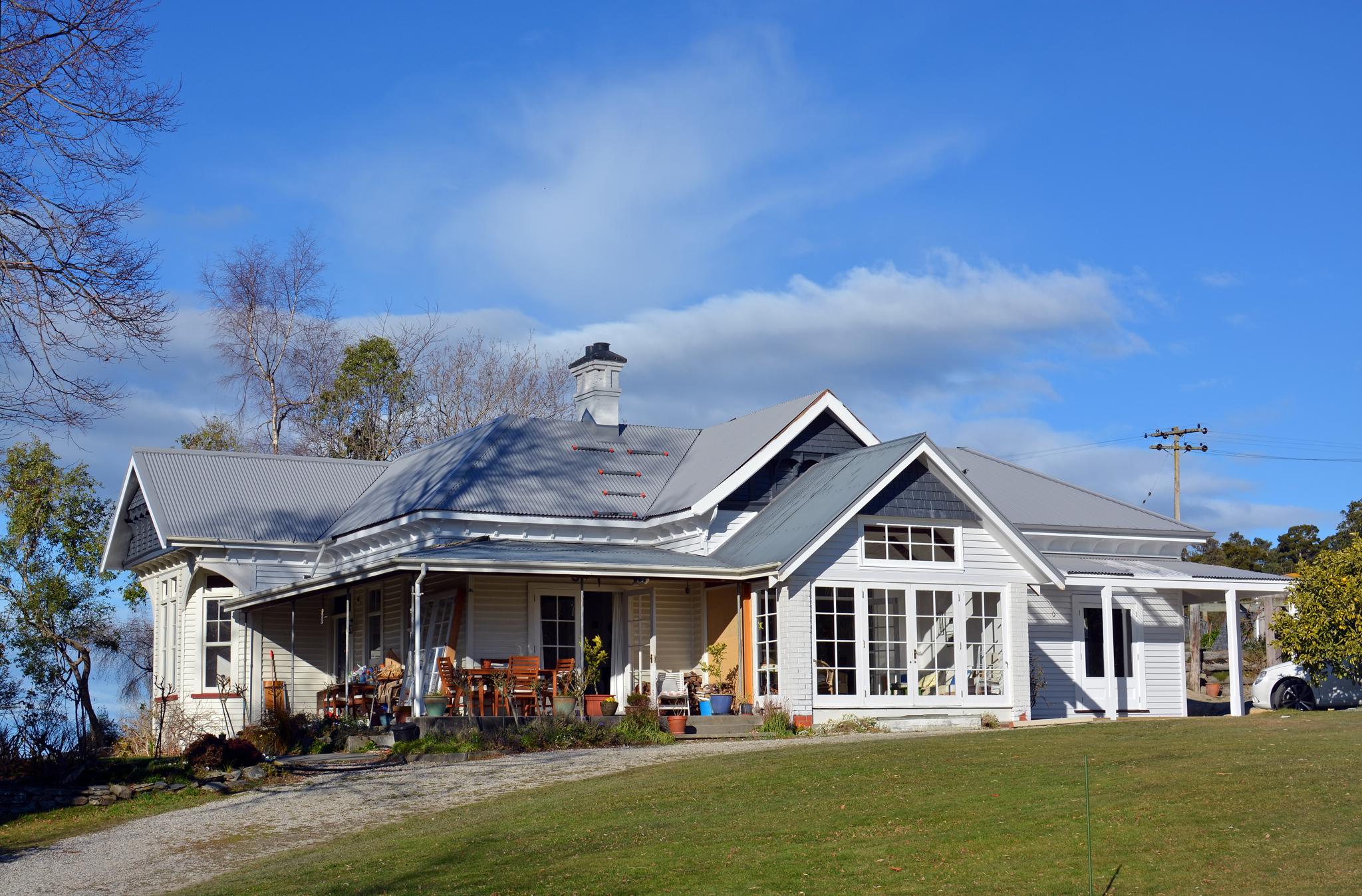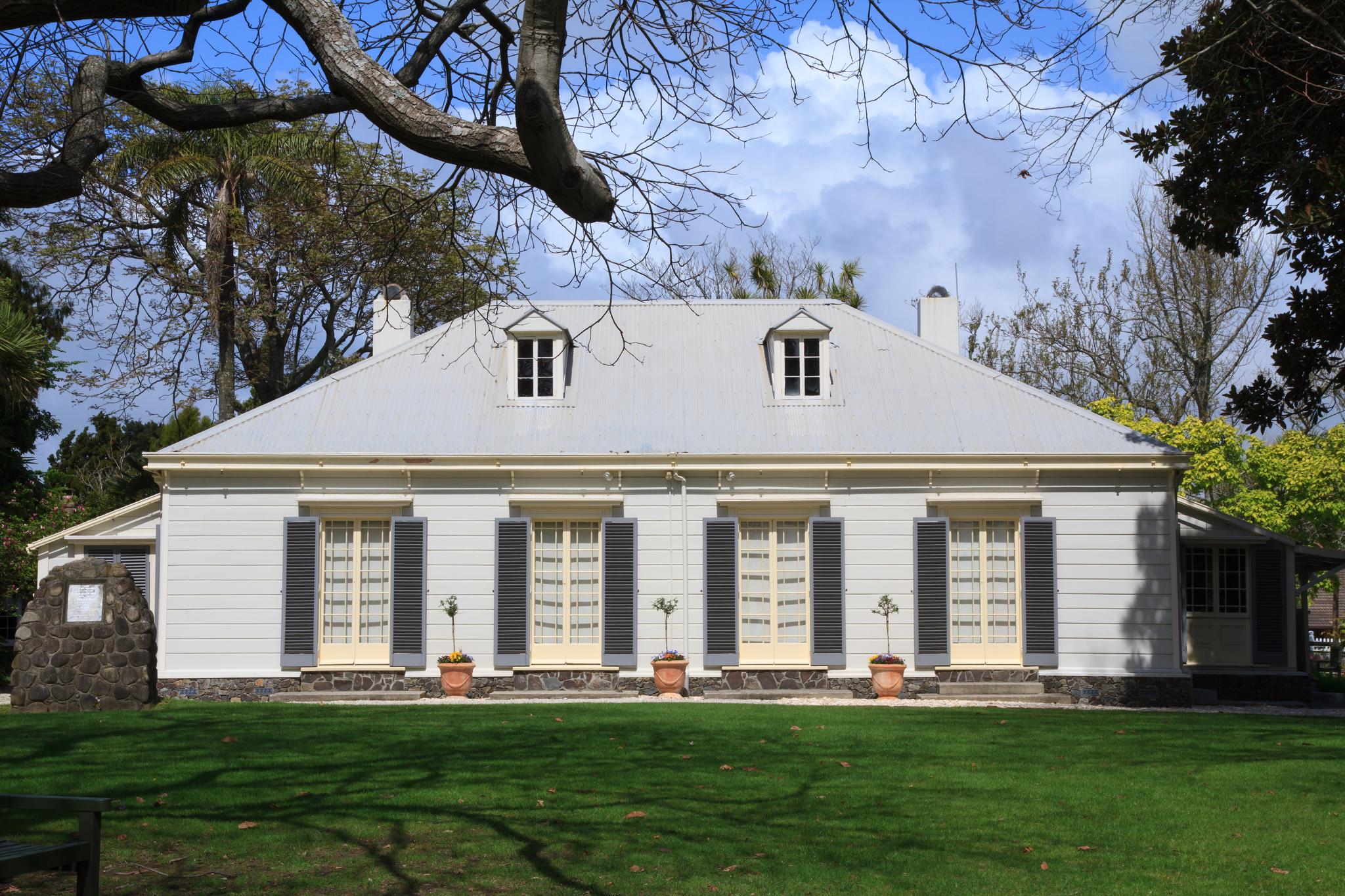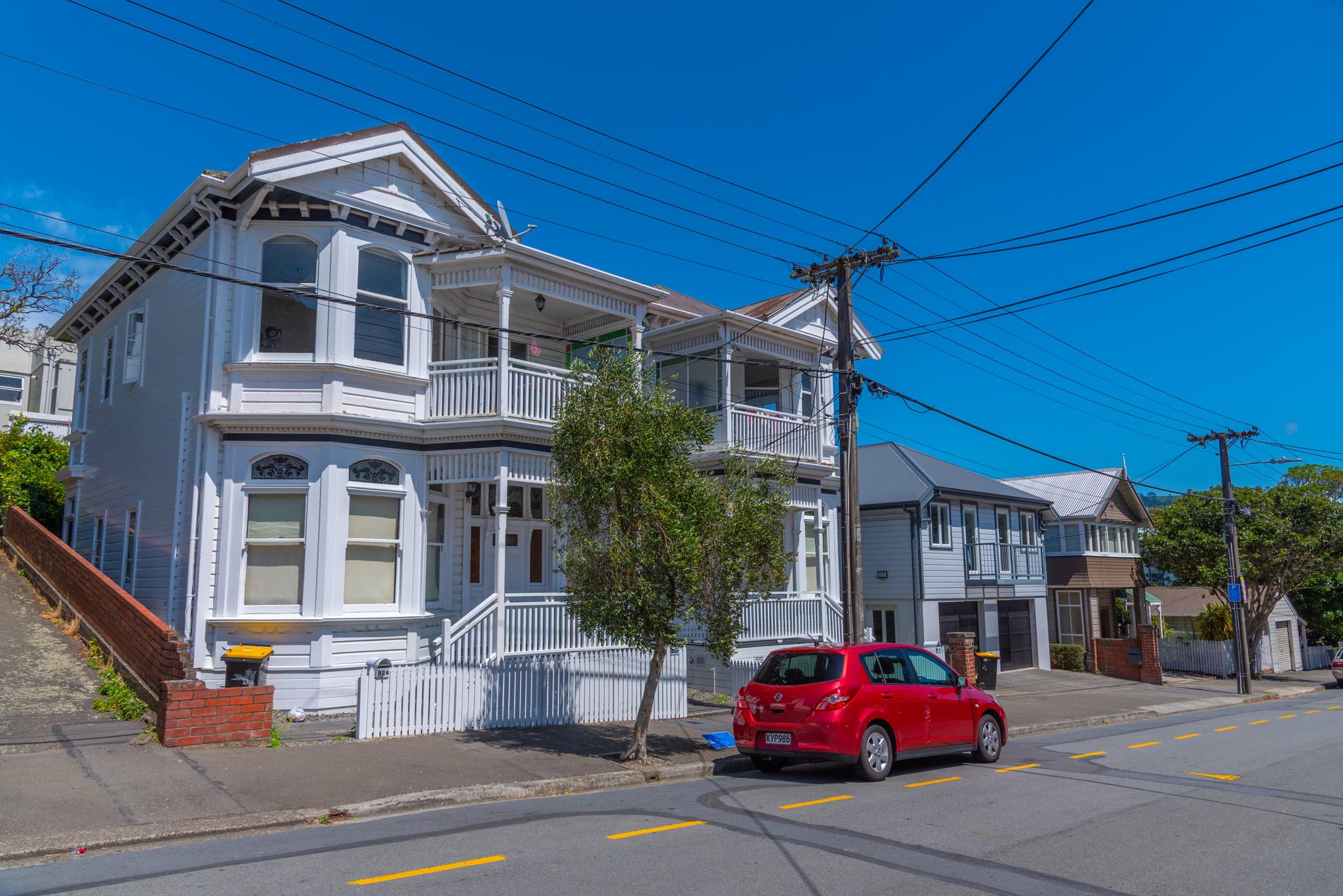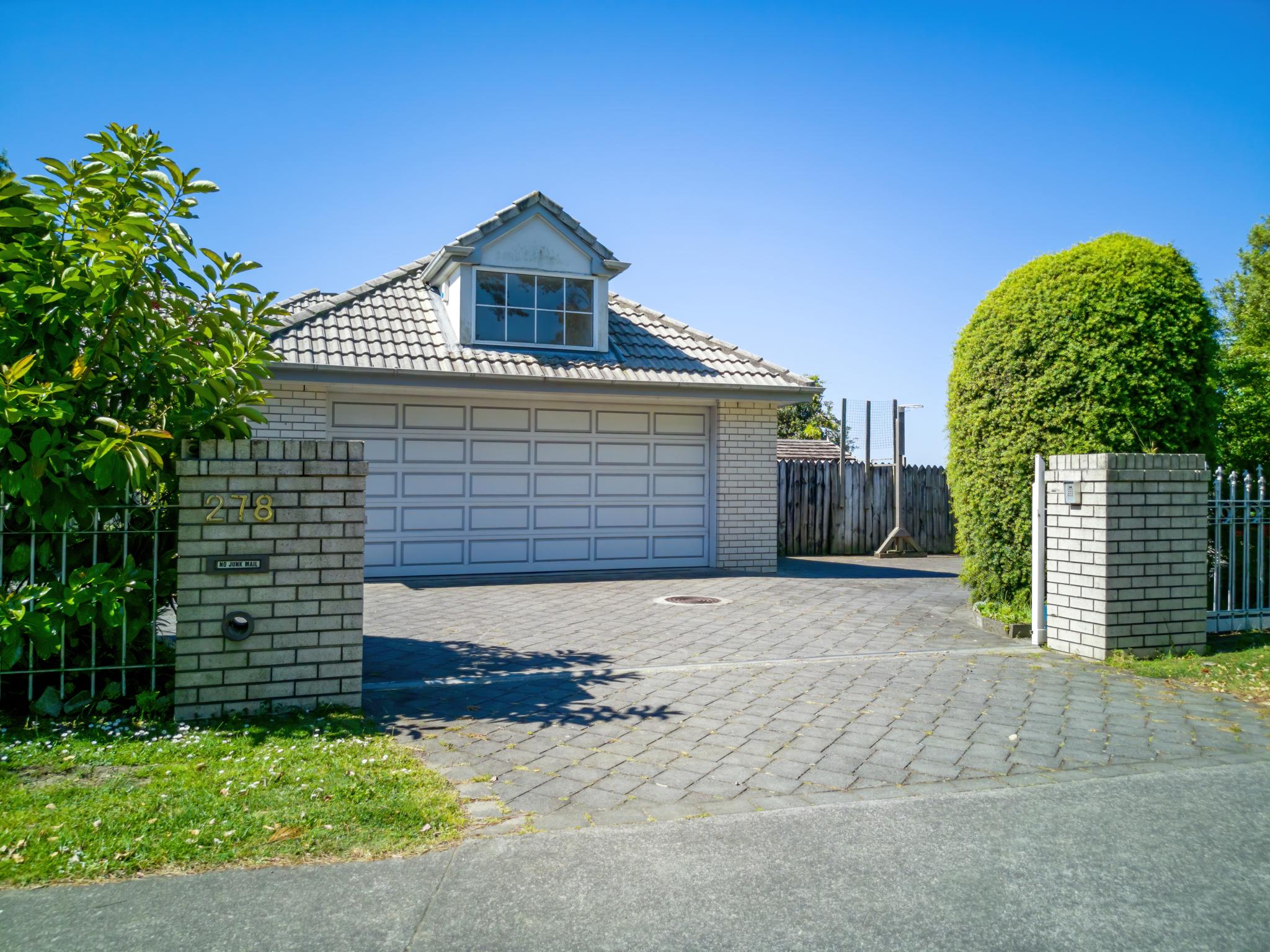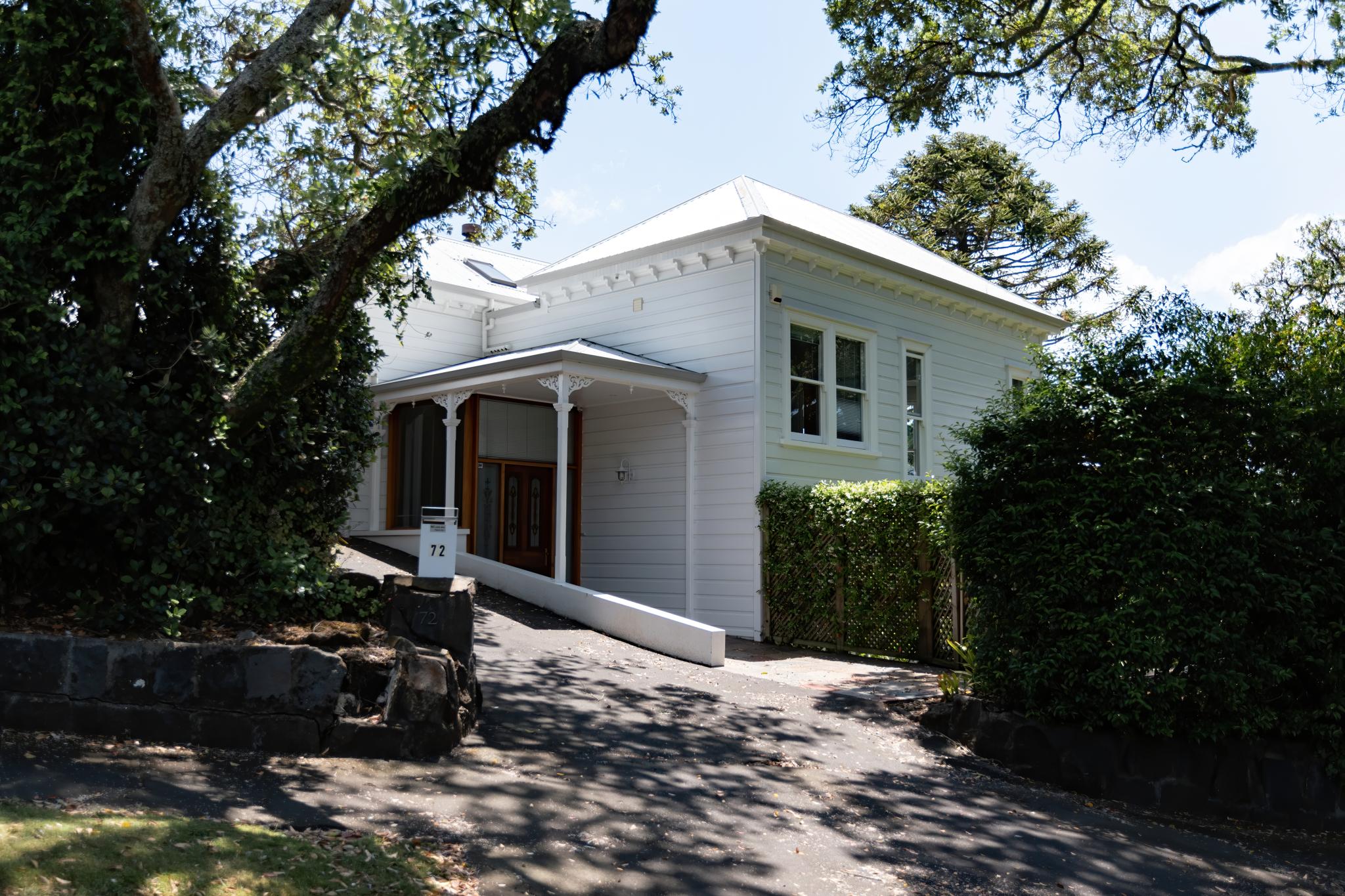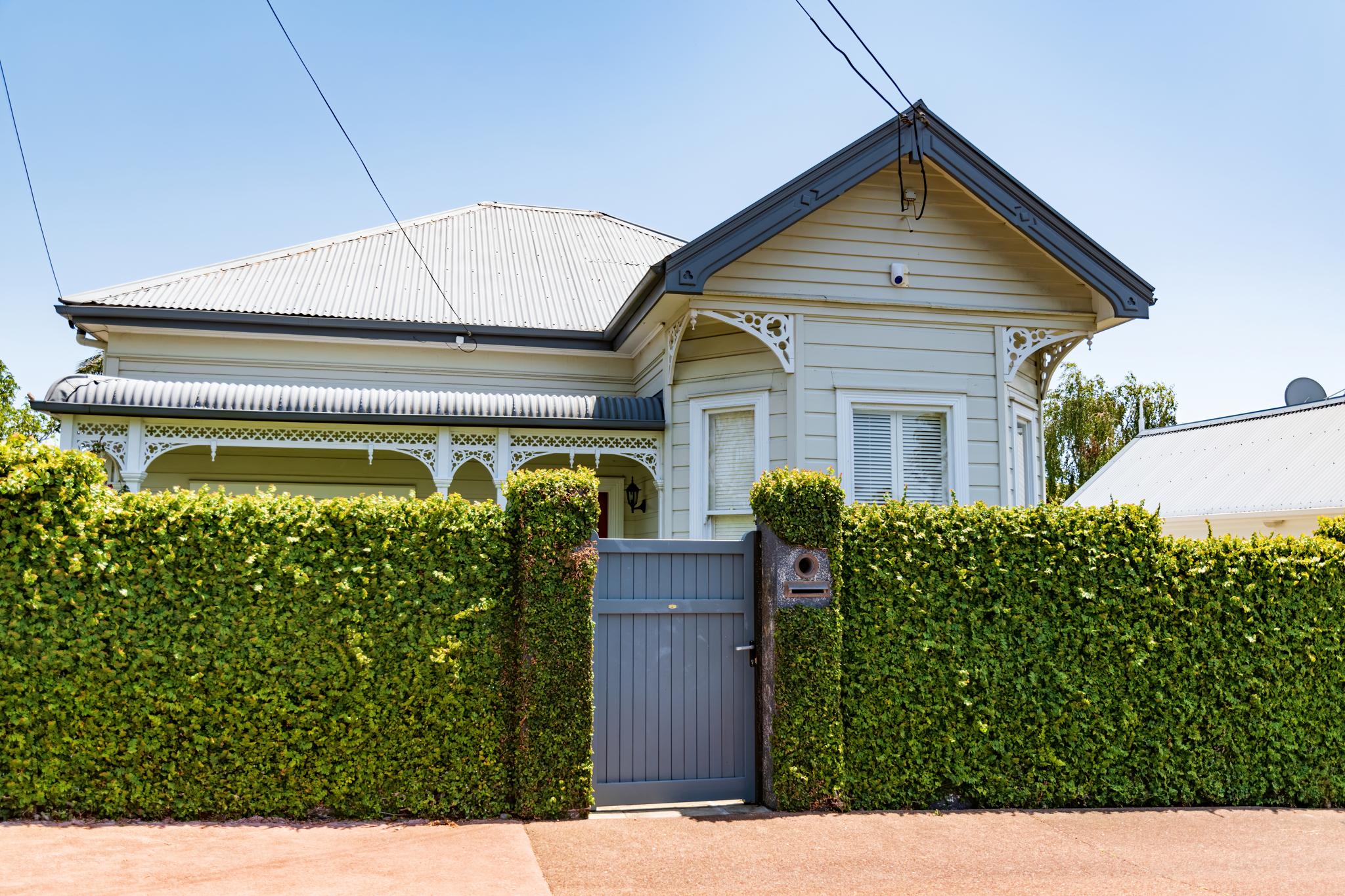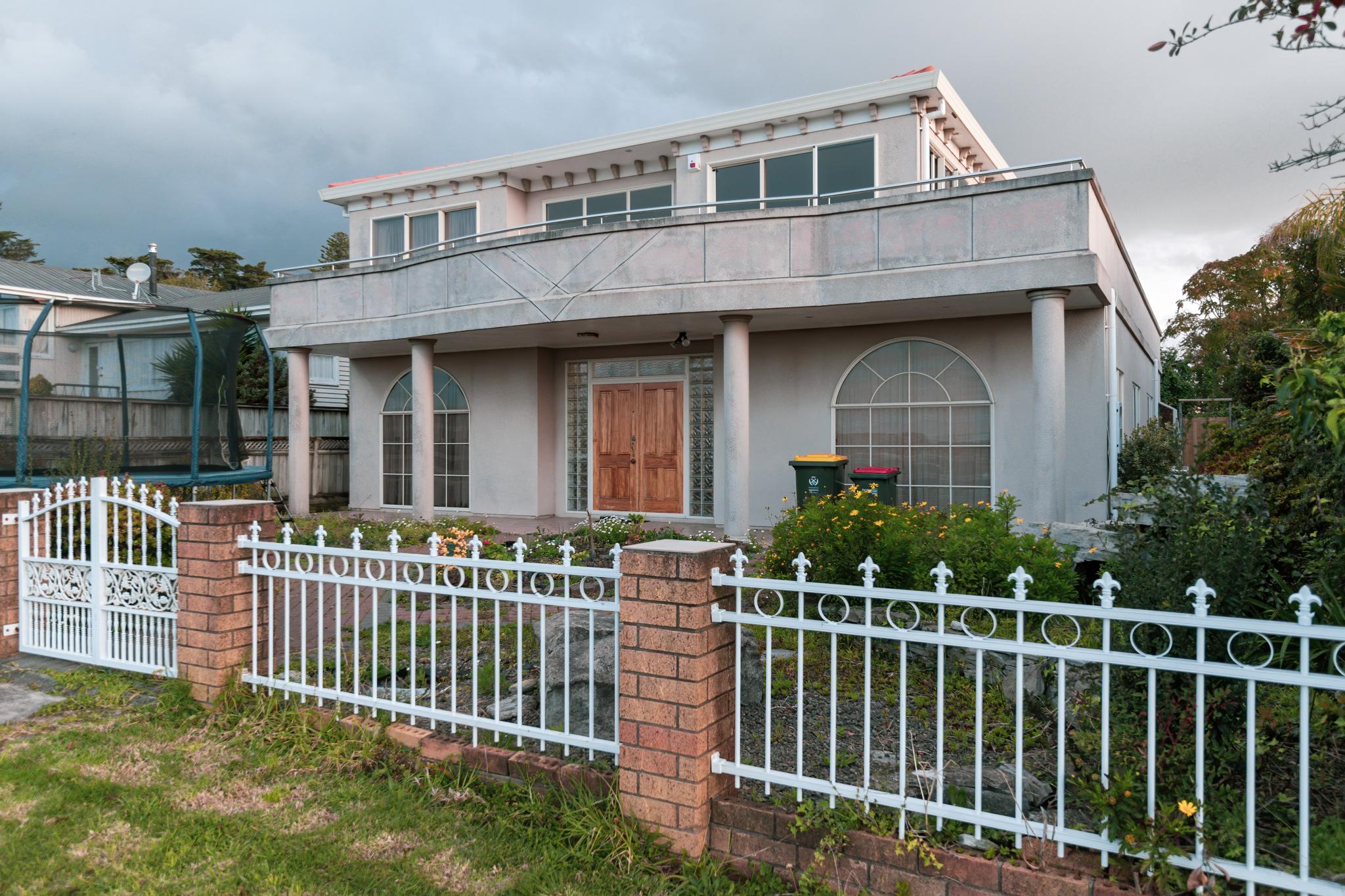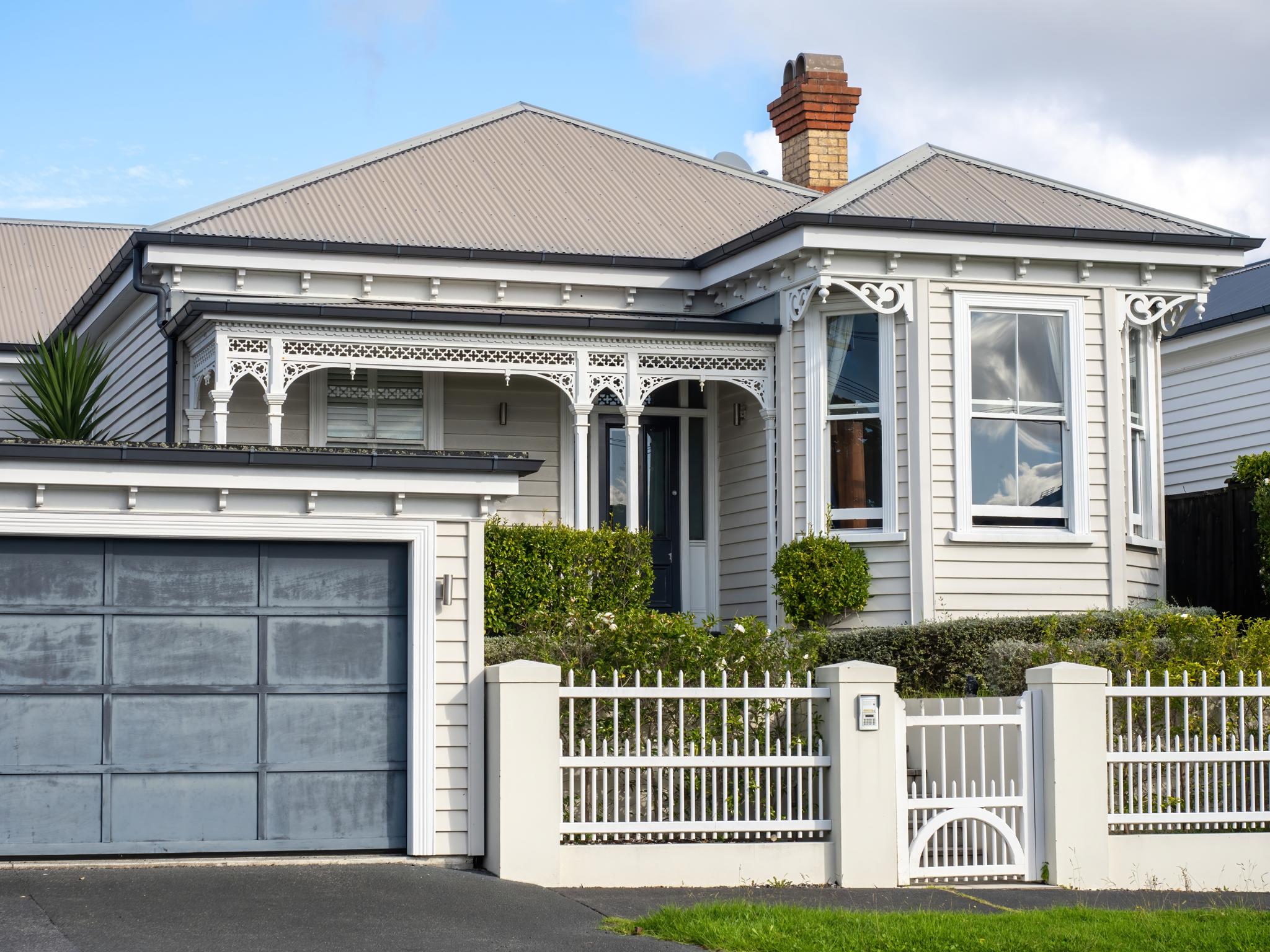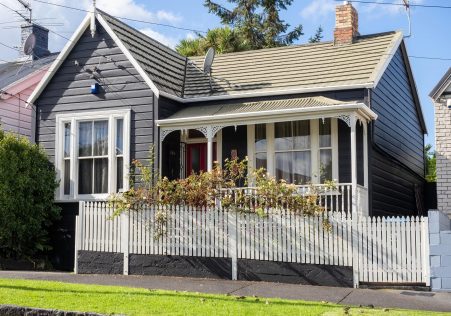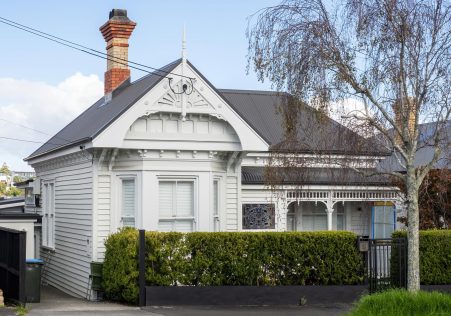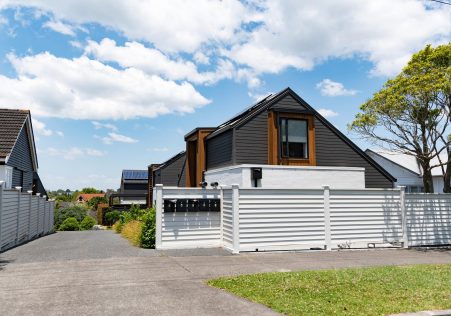What We Do
As building inspectors we handle all components involved in professional house inspections. We’re there to ensure that you make the best choice when it comes to buying your next home.
We value your money We will conduct detailed checks to ensure you don’t be faced with any costly or unexpected unpleasant surprises, so you are able to relax and focus on the enjoyable aspects of owning or purchasing your own house.
We specialise in a range of solutions to make sure that you are completely informed about the condition of any property that you might be thinking of buying or selling along with other services.
We do not just work with you , but we also work with major clients, including local councils, banks and insurance companies. Evidently they like this reassurance provided, due to the details in our building inspection reports.
Our systematic approach to your inspection of your home and the latest in technology for software with digital photos embedded into the report, you are able to actually see any issues discovered. Through our comprehensive report, it’s no wonder we have so many customers who recommend our service to family and acquaintances.
Get in Touch - Get Peace of Mind
